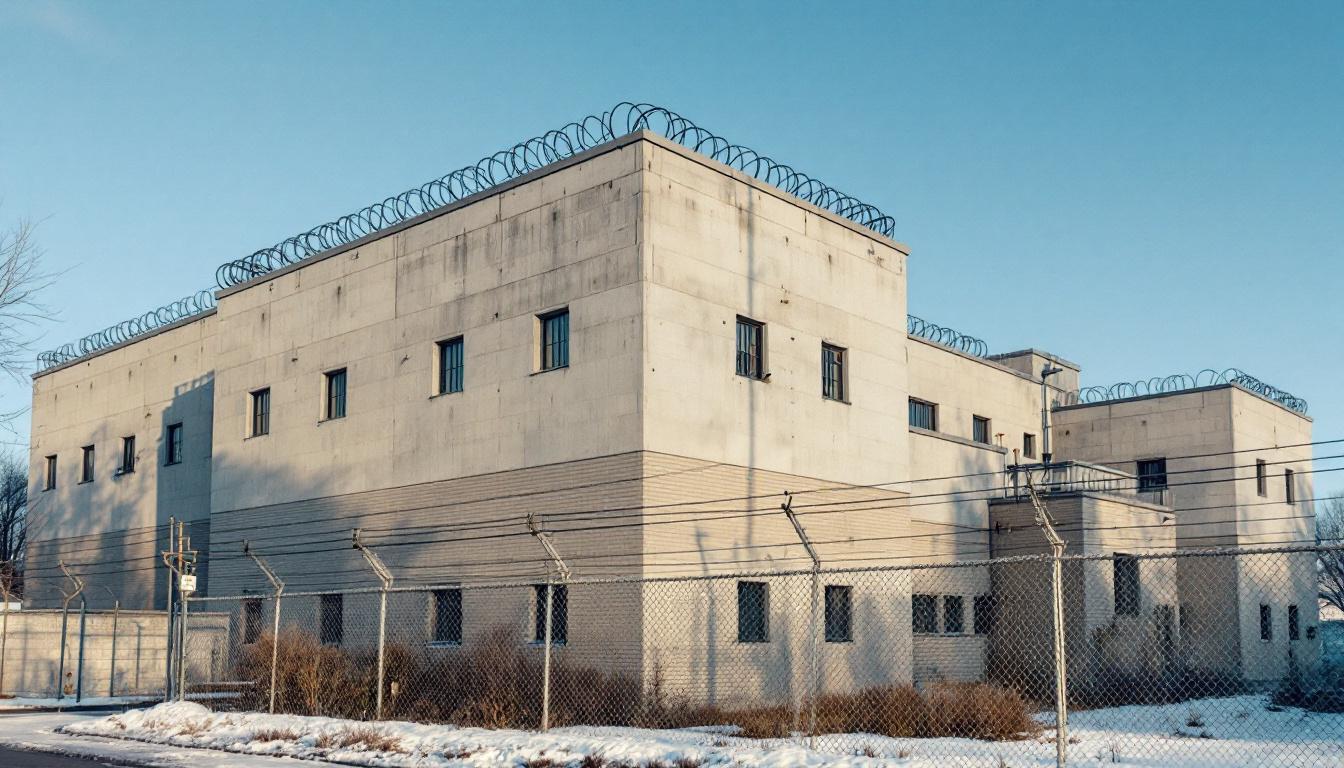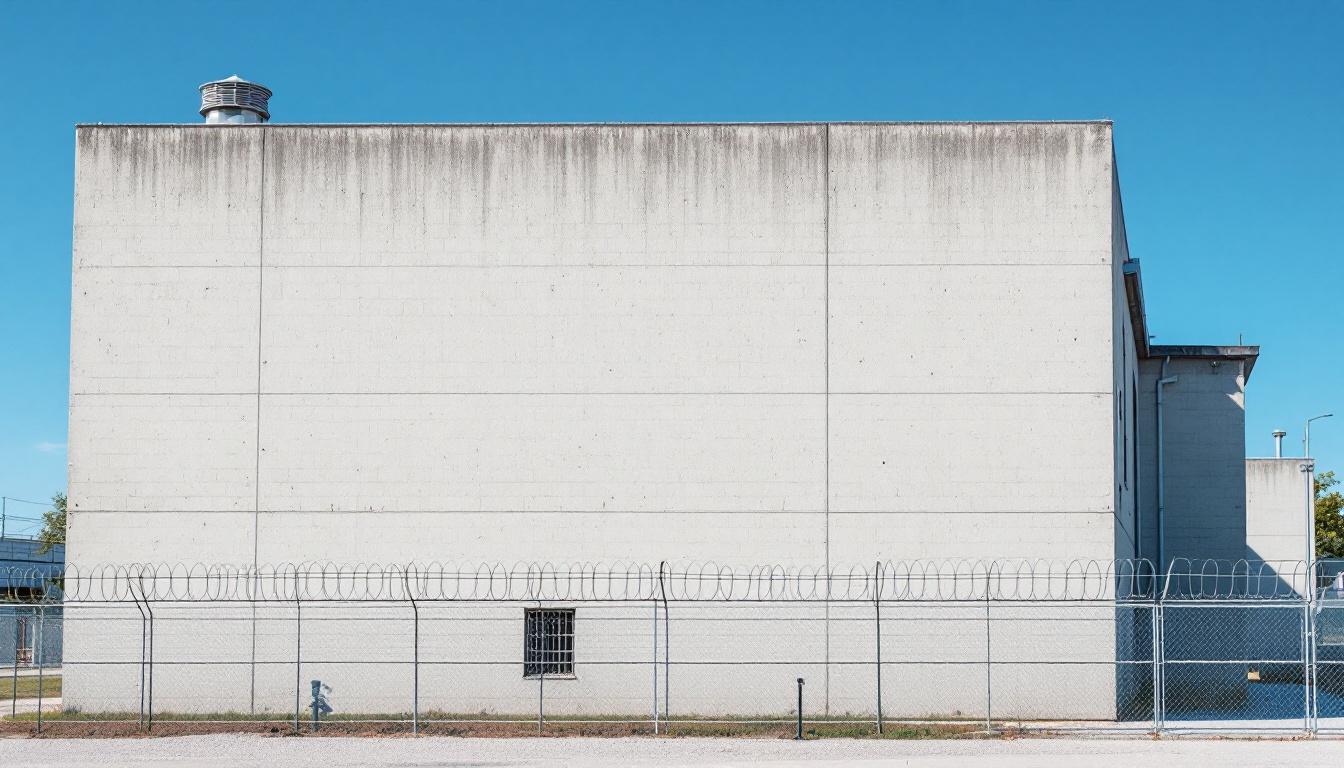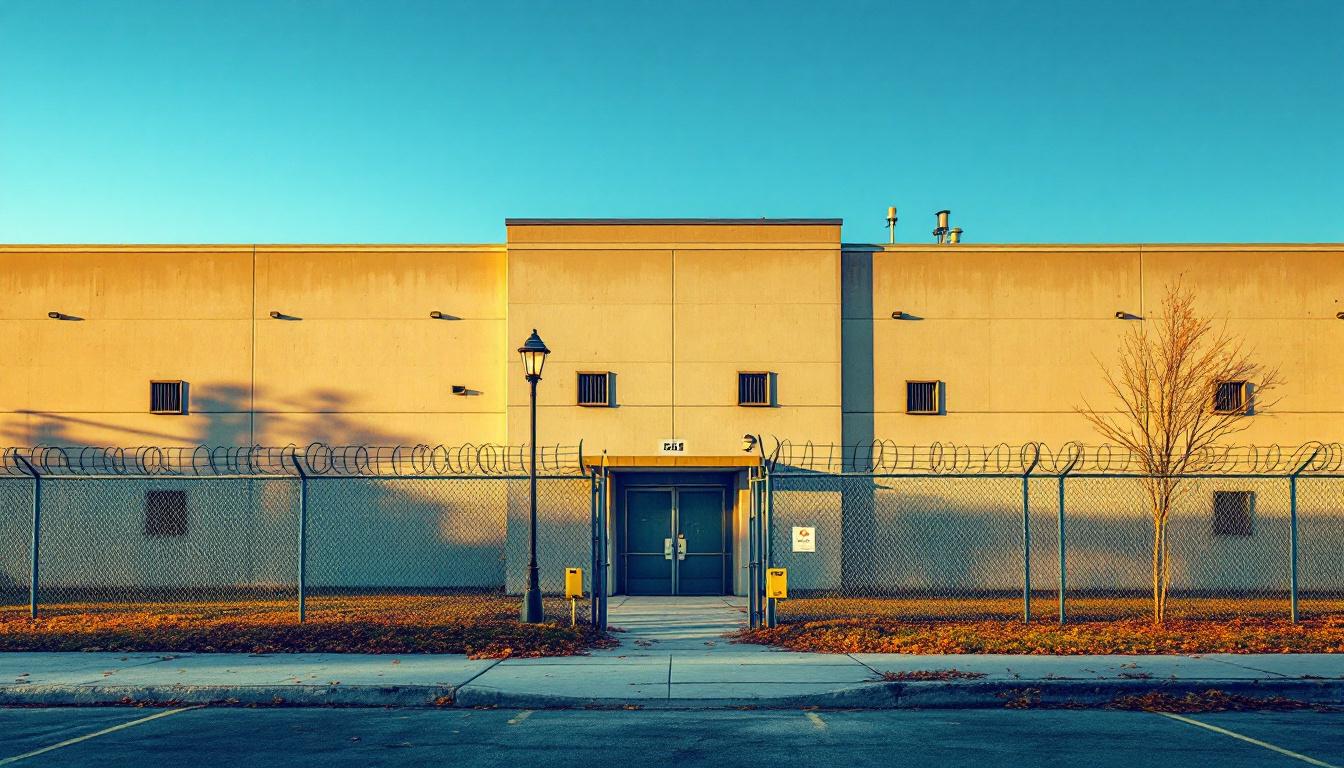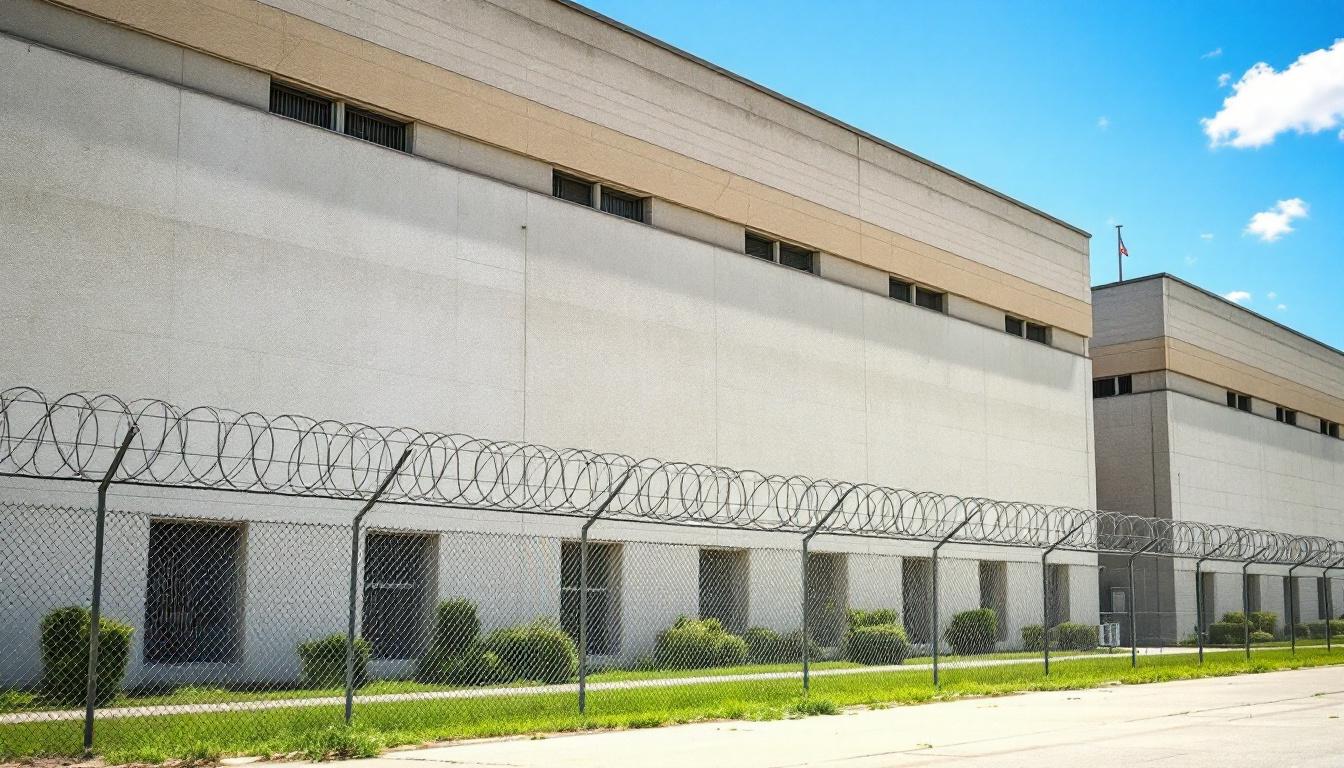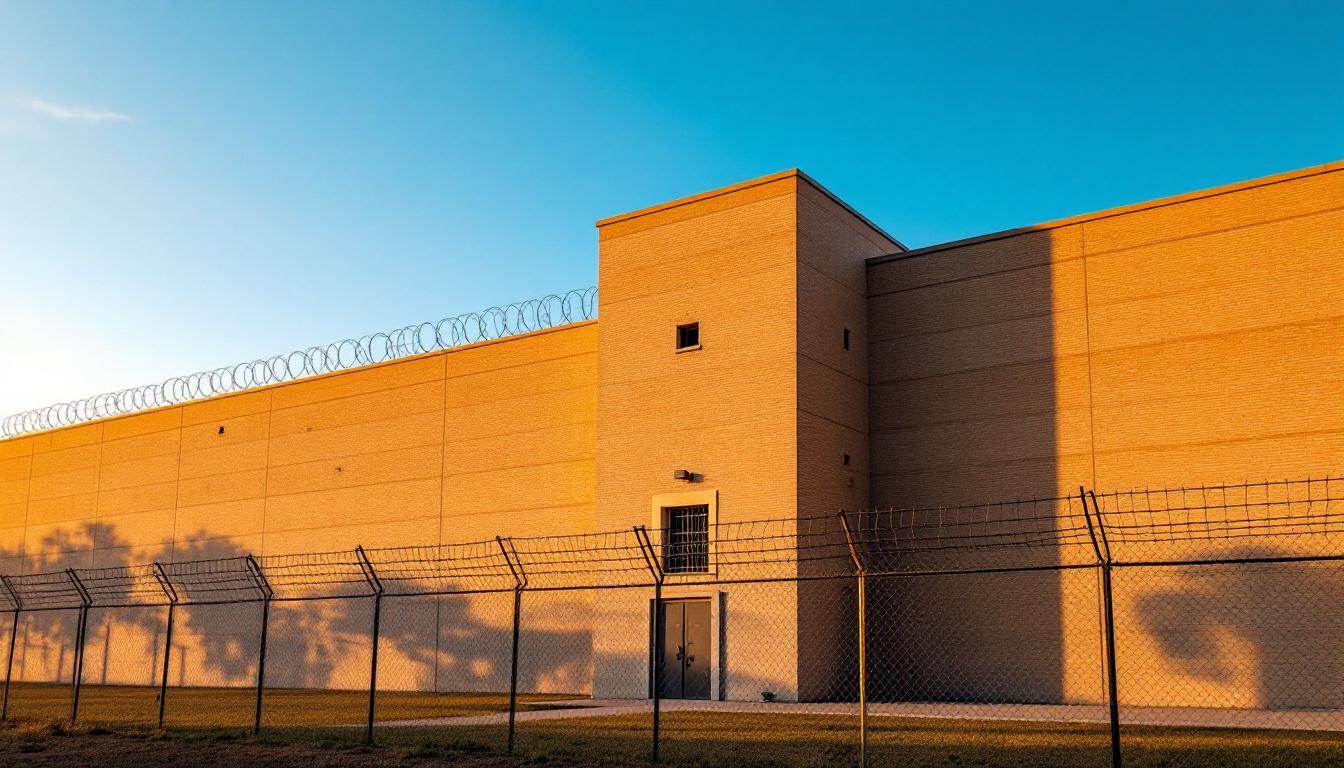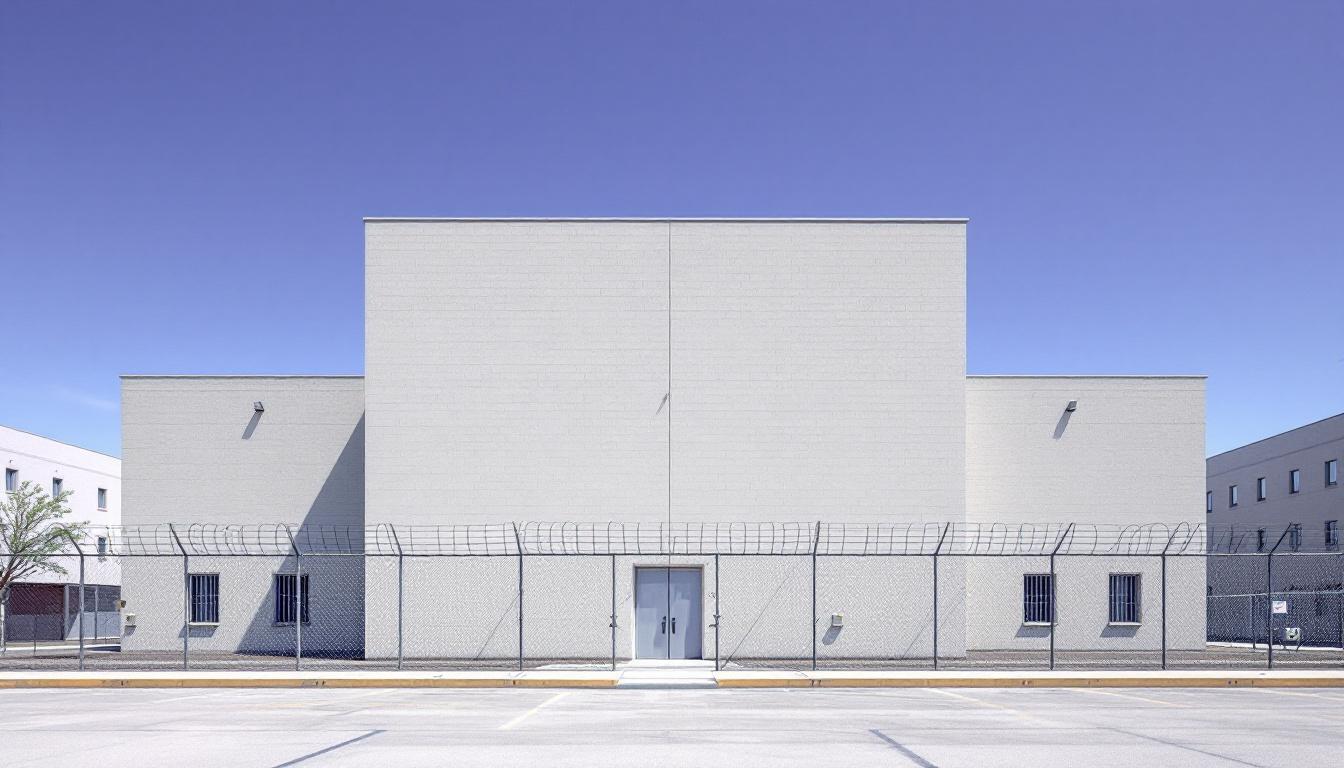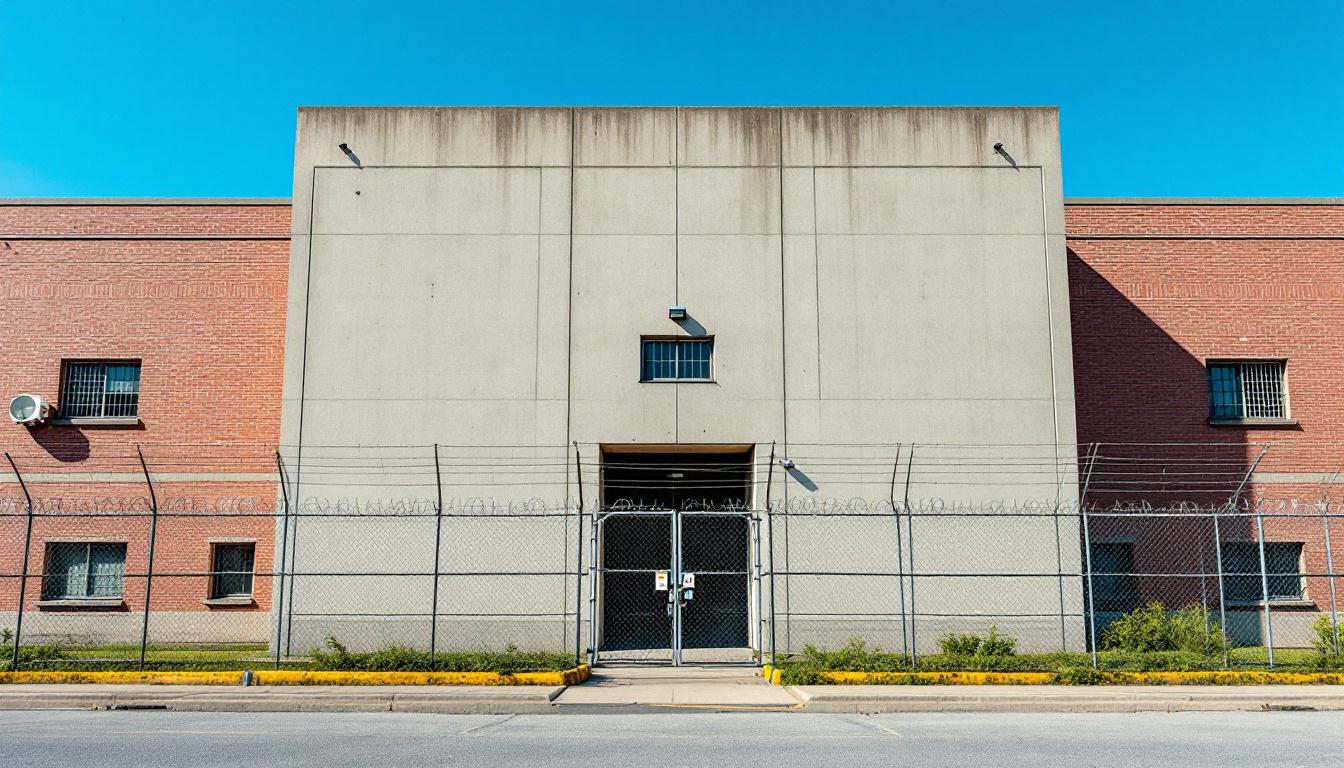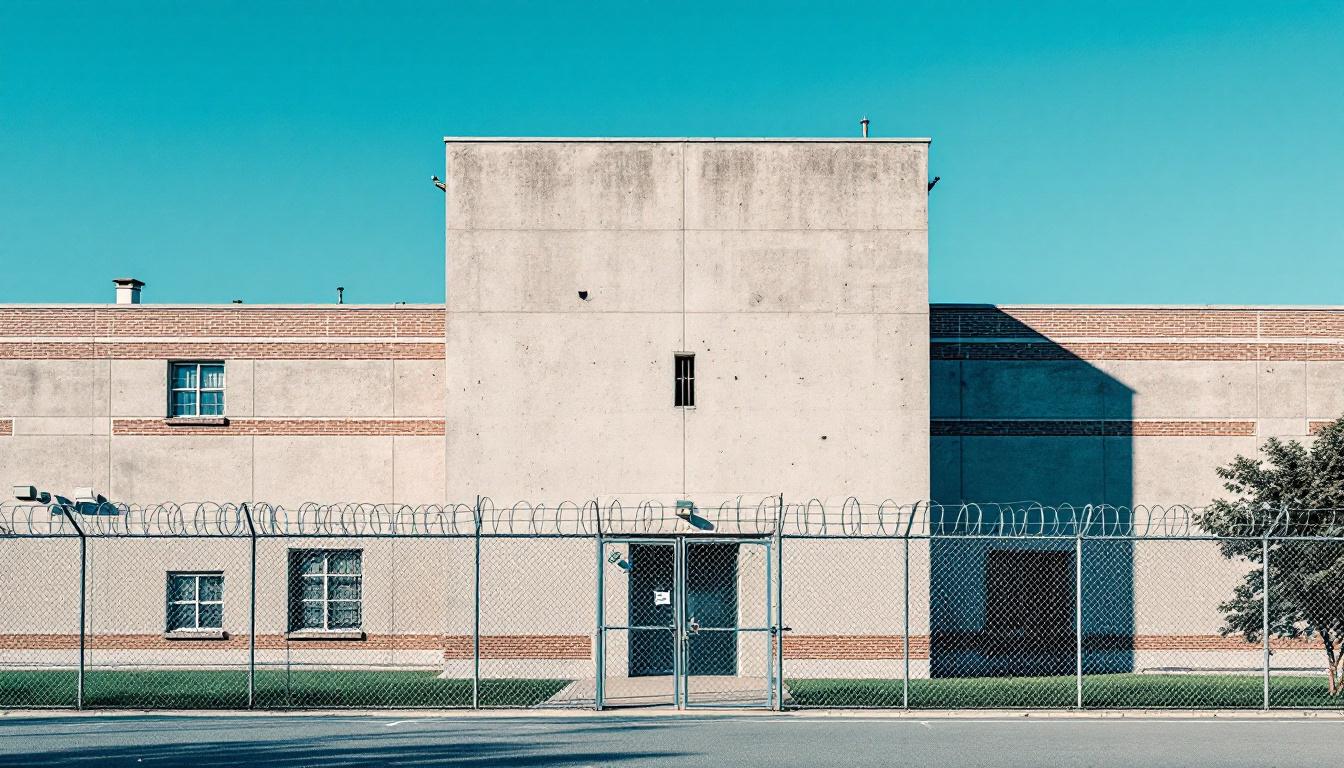
Quick Navigation
How to contact an inmate at FDC Honolulu
This comprehensive guide will walk you through how to connect with an inmate at FDC Honolulu. Follow the steps below to find an inmate and send letters and photos:
- Search for the inmate using our search tool below
- Create your account or log in to Penmate
- Write your message (up to 6,000 characters)
- Send instantly - inmates receive printed copies daily
Find an Inmate
Search for an inmate to start communicating today
Tip: You can search by first name, last name, or inmate ID number
To contact a person at FDC Honolulu start by searching for the person on the official facility website. Perform a search by following these steps:
- Step 1: Enter their first name and last name into the search form and click "Search"
- Step 2: Locate their inmate record
- Step 3: Write down their Inmate ID and any housing information provided
Important! Be sure to enter the person's full name. Nicknames should not be used.
How to Send Messages to Inmates

You can use your phone or computer to send emails, letters, and photos to an inmate. Messages are sent electronically to inmate tablets or kiosks at the facility. If you would like to send a message, start by searching for an inmate at FDC Honolulu.
Sending Photos and Postcards

A great way to send love and support to a loved one at FDC Honolulu is to send photos and postcards. It only takes a few minutes to send photos from your phone and it makes a huge difference. You can also mail postcards with words of support and inspiration, or design your own postcard for special moments like birthdays and holidays.
Important! Be sure not to send any explicit photos or they may not be approved by the facility. You can also use a photo printing app like Penmate to make sure your photos are printed at the correct size (4x6 or 3x5) and are mailed according to the rules and regulations of FDC Honolulu.
Frequently asked questions about FDC Honolulu
-
How long does it take to deliver a message?
If you're sending an email message your letter is usually delivered within 24-48 hours. For messages sent via mail you should expect delivery within 3-7 days. All messages will need be approved by FDC Honolulu.
-
How much does it cost to send a message to FDC Honolulu?
You can send a message free using your phone or mail a message via USPS for the price of a $0.60 stamp and envelope. You can also purchase credits or e-stamps from services starting at $1.99.
-
What services can I use to contact an inmate at FDC Honolulu?
Penmate
You can use Penmate to send letters and photos to an inmate from your phone. It's an easy way to stay in touch during your loved one's incarceration. Use the inmate locator to find an inmate's location and contact information, then you can send messages within a few minutes.
Securus messaging
Securus may be another option for communicating with an inmate at FDC Honolulu. You can create a friends and family account and purchase credits to send messages. All messages will be reviewed and must be approved by the facility.
JPay
Some county jails and state prisons may support sending messages with JPay. You must register an account with the system, find your loved one, and purchase stamps to send messages. For some locations you can also attach photos.
Smart Jail Mail
You may also check if Smart Jail Mail is available at FDC Honolulu. Smart Jail Mail is operated by Smart Communications and has contracted with some state and county jails. After purchasing credits, your messages and photos are sent to the facility, printed out, and then handed out to your loved one.
-
What is the mailing address of FDC Honolulu?
Mailing address:
FDC Honolulu
351 Elliott St
Honolulu, HI 96819
Phone: (808) 838-4200 -
What are the visiting hours at FDC Honolulu?
Visiting hours at FDC Honolulu vary by housing unit and security level. Generally, visits are scheduled on weekends and holidays, with some facilities offering weekday visits. Contact the facility directly at (808) 838-4200 or check their website for the current visiting schedule. Visits typically last 30-60 minutes and must be scheduled in advance.
-
What items are prohibited when sending mail to FDC Honolulu?
Prohibited items typically include: cash, personal checks, stamps, stickers, glitter, glue, tape, staples, paperclips, polaroid photos, musical or blank greeting cards, hardcover books, magazines with staples, and any items containing metal or electronics. Only send letters on plain white paper with blue or black ink. Photos must be printed on regular photo paper (no Polaroids). Always check with FDC Honolulu for their specific mail policies.
-
How do I send money to an inmate at FDC Honolulu?
You can send money to an inmate at FDC Honolulu through several methods: 1) Online using JPay, Access Corrections, or the facility's approved vendor, 2) Money orders mailed directly to the facility with the inmate's name and ID number, 3) Kiosks located in the facility lobby, or 4) Over the phone using a credit or debit card. Fees vary by method, typically ranging from $2.95 to $11.95 per transaction.
-
Can I schedule a video visit with an inmate at FDC Honolulu?
Many facilities now offer video visitation as an alternative to in-person visits. At FDC Honolulu, video visits may be available through services like Penmate, Securus Video Connect, GTL, or ICSolutions. Video visits typically cost $10-20 for 20-30 minutes and must be scheduled in advance. You'll need a computer or smartphone with a camera and reliable internet connection. Contact the facility for their specific video visitation policies and approved vendors.
-
What identification do I need to visit an inmate at FDC Honolulu?
All visitors must present valid government-issued photo identification such as a driver's license, state ID, passport, or military ID. Minors must be accompanied by a parent or legal guardian who can provide the minor's birth certificate. Some facilities require visitors to be on the inmate's approved visitation list, which may require a background check. Contact FDC Honolulu for specific ID requirements and visitor approval procedures.
-
How can I find out an inmate's release date?
To find an inmate's release date at FDC Honolulu, you can: 1) Use the online inmate search tool if available, 2) Call the facility's records department, 3) Contact the inmate's case manager or counselor, or 4) Have the inmate provide this information during a call or visit. For privacy reasons, some facilities only release this information to immediate family members.
Facility Overview
Official Website

About FDC Honolulu
Nestled within the suburban landscape of Phoenix, Pennsylvania, this PA correctional facility operates as a vital component in Chester County's approach to detention and pre-trial services. Chester County Detention typically serves individuals awaiting court proceedings while maintaining a structured environment that aligns with Pennsylvania's broader correctional objectives. The facility generally emphasizes maintaining security protocols alongside preparing residents for successful reintegration into their communities, whether through case resolution or transition to other correctional settings.
Programming efforts at this detention center often focus on addressing immediate needs while residents navigate the legal process. Educational opportunities may include basic literacy support, GED preparation, and life skills workshops designed to build foundational competencies. The facility typically offers substance abuse counseling, mental health services, and vocational training programs that reflect Pennsylvania's commitment to rehabilitation-focused outcomes. These residents services generally aim to reduce recidivism while supporting individuals during a critical period in their legal proceedings.
Chester County Detention's operational framework usually integrates with regional correctional goals throughout the Mid-Atlantic region, emphasizing evidence-based practices and community safety. The facility may collaborate with local organizations to provide job readiness training, family reunification support, and transition planning services. Staff typically work to create an environment where residents can access resources that address underlying factors contributing to their involvement in the justice system, supporting both individual growth and broader public safety objectives within Phoenix and the surrounding Chester County area.
Programs & Services
Educational advancement and skill development form the cornerstone of rehabilitation initiatives at Chester County Detention, where residents engage in comprehensive programming designed to address both immediate needs and long-term reintegration goals. The facility's approach emphasizes practical skill acquisition alongside personal growth, recognizing that meaningful change occurs through sustained participation in structured learning environments. These initiatives typically operate within a framework that encourages progressive development, allowing residents to build upon foundational skills while exploring pathways toward self-sufficiency and community contribution.
Vocational education initiatives may deliver hands-on training in essential trades, with building maintenance and electrical work programs often providing residents with marketable skills upon release. These technical training opportunities typically complement traditional education programs, which frequently include GED preparation for those seeking to complete their secondary education. The facility's educational framework often incorporates individualized learning plans that accommodate varying skill levels and learning styles, ensuring that residents can progress at appropriate paces while working toward certification or credential completion.
In addition to these educational components, therapeutic communities within the facility typically focus on substance abuse treatment and behavioral modification through structured group interactions and peer support systems. These residential treatment environments may deliver intensive programming that combines counseling services with daily living skills development, creating supportive networks among participants. The therapeutic initiatives often include specialized tracks for residents with specific needs, while maintaining integration with vocational and educational programming to provide comprehensive rehabilitation experiences that address multiple aspects of successful community reintegration.
Daily Life & Visitation
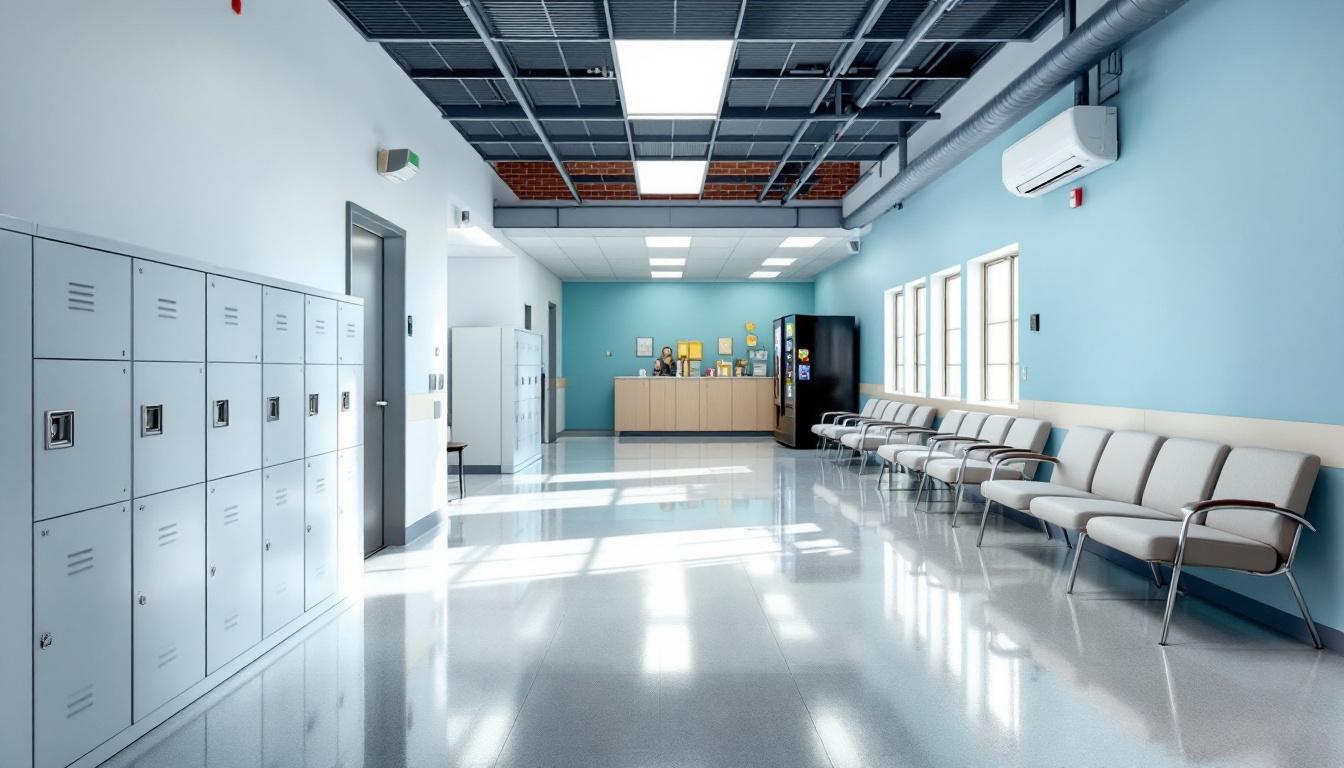
The steady rhythm of structured schedules now anchors each day for residents, with consistent meal times, programming sessions, and recreation periods that regularly provide predictability in an otherwise uncertain environment. Wake-up calls typically occur in the early morning hours, followed by scheduled counts, meal service, and the beginning of various daily activities that deliver stability through routine. This framework generally helps residents adapt to facility life while maintaining a sense of order and purpose throughout their stay.
Living accommodations at the facility typically consist of shared housing units where residents are assigned beds and provided with basic necessities for daily life. Each resident generally receives standard-issue clothing, bedding, and personal hygiene items, though they may also purchase additional approved items through the commissary system. The housing areas usually include common spaces where residents can interact during designated social periods, watch approved television programming, or participate in quiet recreational activities. Despite this structured environment, residents often find ways to maintain personal routines within the established guidelines.
In addition to this basic structure, the facility typically offers various work assignments that may include kitchen duties, maintenance tasks, or clerical support positions that help residents develop skills while contributing to facility operations. Recreation opportunities usually include access to outdoor exercise areas, indoor fitness equipment, and organized sports activities when weather and security conditions permit. Family connections remain important through scheduled visitation periods and telephone privileges, allowing residents to maintain contact with loved ones during their stay. Educational programming and counseling services are also generally available to support personal development and preparation for eventual reintegration into the community.
Ready to Connect?
Start communicating with your loved one today
Search for an Inmate
